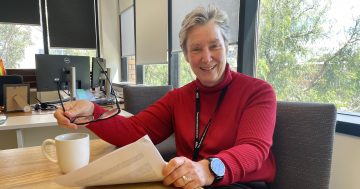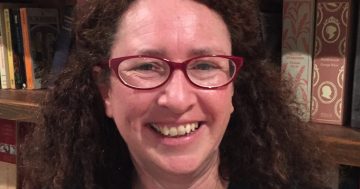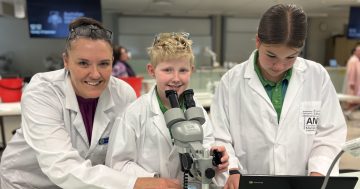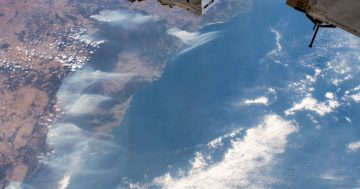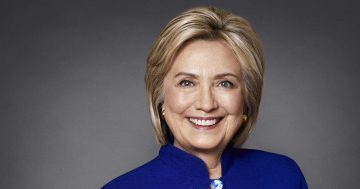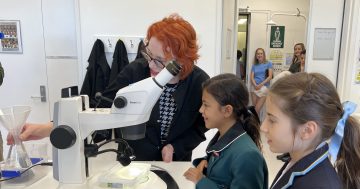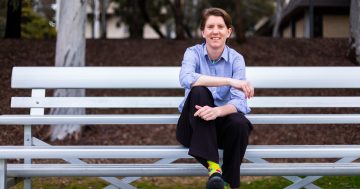It may appear that women have reached parity with or even surpassed men with regard to their engagement in science education and employment. However, recent research, which the speakers will present and discuss, documents persistent gender differences not only in academic science careers but also in high school science subject choices and science-related adolescent career plans. In the panel discussions two physicists and a sociologist draw on their personal experiences and research to reflect on institutional barriers, cultural forces and ‘personal preferences’ which continue to facilitate gender segregation in science.
Men and women in leadership roles, lecturers and teachers are particularly welcome as the panel will discuss practical ways of encouraging and supporting women in science.
Speakers:
Marion Stevens-Kalceff is Associate Professor in the School of Physics at the University of New South Wales and Deputy Director of the UNSW Electron Microscope Unit. Marion led a research project which investigated the career paths of academic staff in the School of Physics, revealing the long-term impact of organisational culture, opportunities and ‘choices’ on the career paths of women.
Joanna Sikora is a Lecturer in the School of Sociology at ANU whose teaching and research interests focus on educational inequalities and sociology of education. In recent years Joanna has been investigating differences in science-related career preferences between adolescent boys and girls.
In discussion with panellists: Australian Laureate Fellow Professor Mahananda (Nanda) Dasgupta is an experimental physicist at the Heavy Ion Accelerator Facility in the Department of Nuclear Physics of the ANU. Professor Kim Rubenstein, convenor of the ANU Gender Institute, will chair the panel.
When: Wednesday 14 November, 11am-1pm, lunch provided
Where: Law Theatre, Building 5, ANU College of Law, Fellows Road, The Australian National University
RSVP: martina.fechner@anu.edu.au
Enquiries: T 02 6125 6281
Free and open to the public












